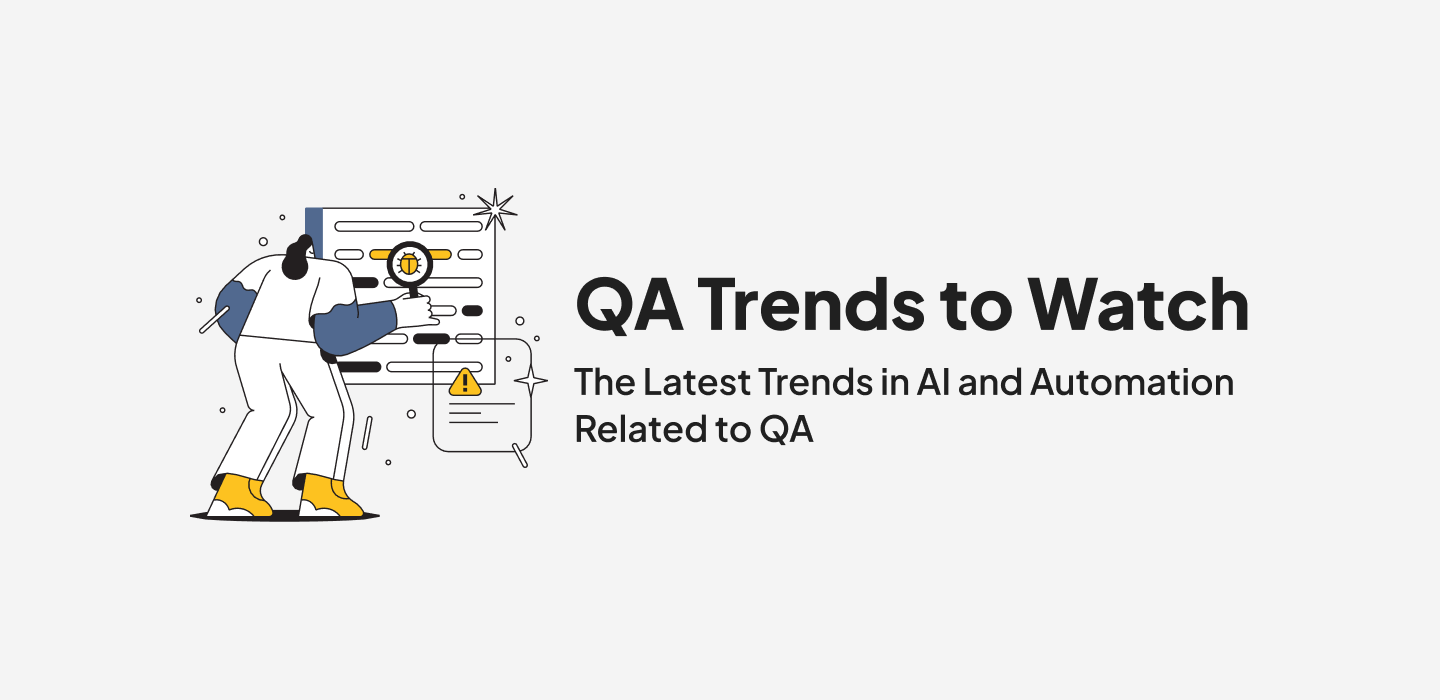April 9, 2020 The 7 Talent Trends Driving the Future of Work
The traditional 9-5 is fast becoming a thing of the past. Remote-work is booming, and on-demand talent is stepping in to fill the skills gap created by fast-paced digital change. More and more, the workforce is shying away from the out of sight, out of mind hierarchical business structure where employees must be seen in the office to get work done.
In our new Ebook, “The 7 Talent Trends Driving the Future of Work”, we identify and explore seven key trends employers will need to account for if they plan to remain competitive and relevant in the 21st century. Technology is driving this revolution and businesses must adapt now to harness the broad power of this shift.
We’ll be spotlighting three of these important trends in remote and on-demand work in a three-part blog series, starting with the first:

Open Talent Models have Mainstreamed
The explosion of the gig economy and an increase in employee demand for flexible working arrangements has forced businesses to adapt. On-demand talent has stepped in to fill roles from customer support to creative work. FTEs are still necessary, of course, but the market is shifting into a place where skills take precedence over warm bodies with set job titles since job titles can be limiting and not attract employees with the desired skills and attributes.
In this same vein, the internet has rocked the landscape of the workforce. As the number of freelancers and remote workers grows in size, on-demand talent platforms have exploded to help businesses access the skills they need exactly when then need them. Connectivity to on-demand talent and the scalability that’s possible with software have helped open talent models become a mainstream part of the workforce.
To learn more about the 7 Talent Trends Driving the Future of Work, download the free Ebook.
VP, Marketing



